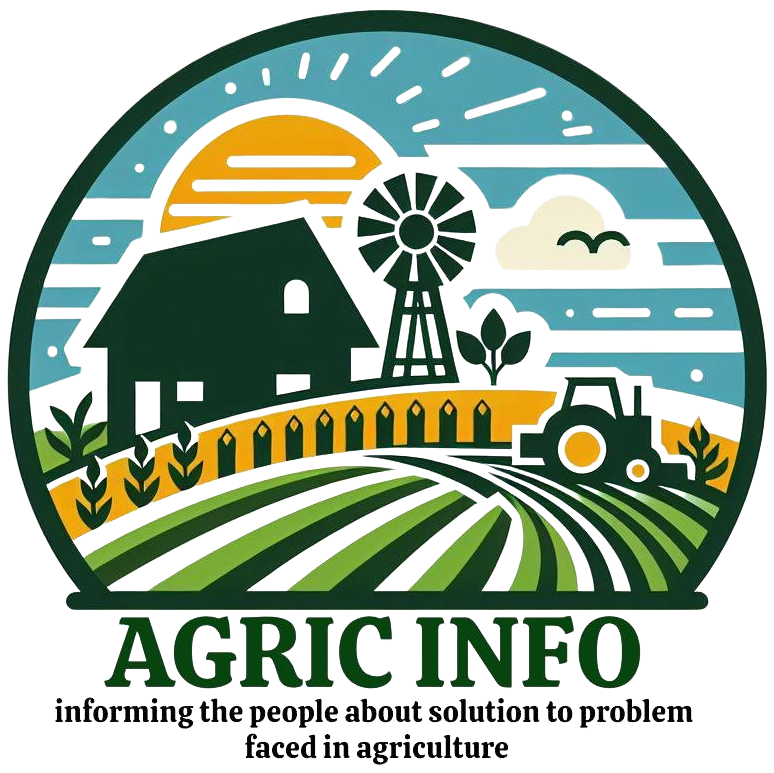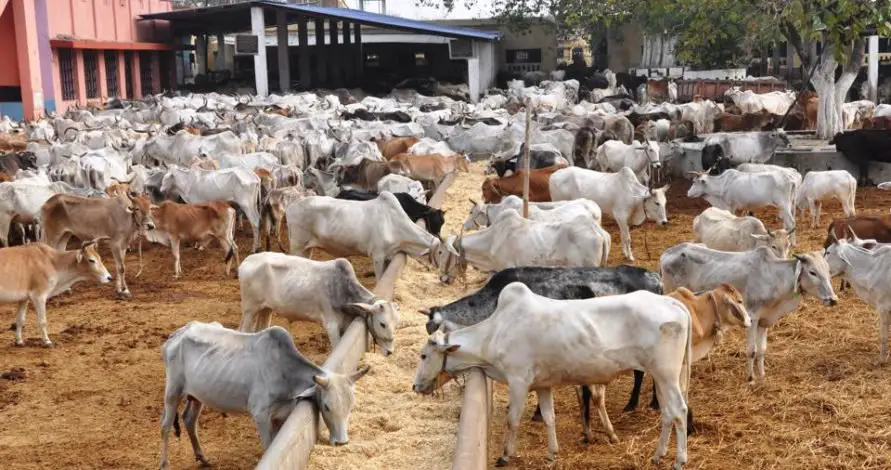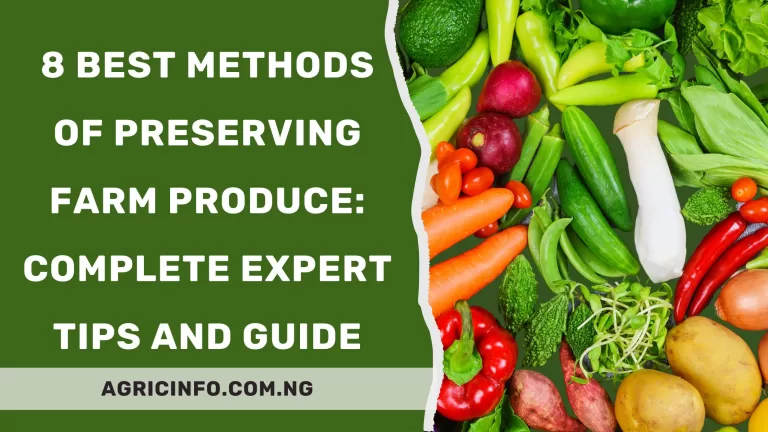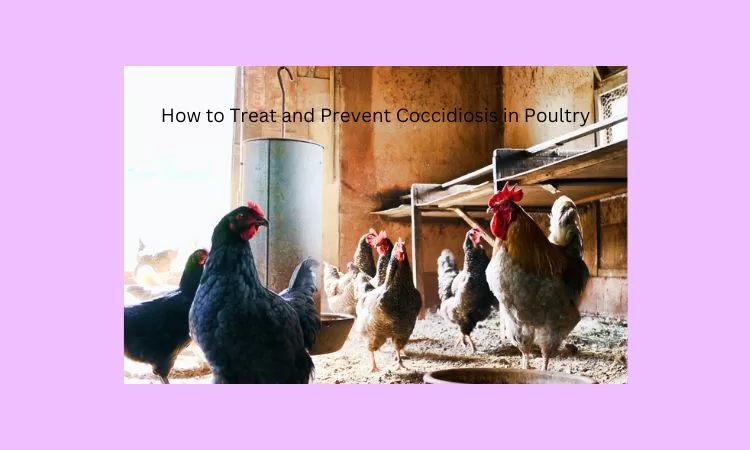Cow Rearing in Nigeria
Cow rearing in Nigeria, otherwise called cattle raising, has become one of the most gainful agricultural practices in Nigeria. Due to the vast agricultural landscape in Nigeria, the need for meat and animal products is increasing daily. It also provides job opportunities to individuals who love agriculture to venture into cow farming and contribute to the country’s economy.
Arguably, rearing cows in Nigeria can be a profitable venture if done correctly. It also demands knowledge, skills, and meticulous planning. Rearing animals is advantageous because they produce milk, meat, leather, and draft purposes. To know more about cow rearing in Nigeria, read this blog post to the end.
This article explores the various aspects of cow rearing in Nigeria, including its profitability, challenges, and frequently asked questions about the practice.
What is Cow Rearing?
Cow rearing, also known as cow farming, is managing and breeding cows for two purposes. The first purpose is food requirements such as milk, while the other is for labor purposes like ploughing,
In other words, it is a traditional agricultural practice involving cattle rearing for specific purposes. To breed a cow, you need to provide proper feeding, housing, and health management to ensure the optimal growth and productivity of the animals.
Is it profitable to Rear Cows in Nigeria?
Cow rearing can be a profitable venture in Nigeria if managed effectively. The profitability of cow rearing depends on various factors, including market demand, cost of production, and efficient management practices.
The sale of milk, meat, and other cow by-products can generate substantial income for farmers engaged in the business. Additionally, the demand for beef in Nigeria is high, making cattle rearing a lucrative venture.
Also Read:How to Start Fish Farming on a Small Scale
Benefits of Rearing Cows in Nigeria
Rearing cows in Nigeria has several benefits, both economically and socially. Here are some of the key advantages:
They include:
- Income Generation
- Food Security
- Employment Generation
- Economic Opportunities
- Environmental Sustainability
1. Income Generation
Cow rearing is a profitable venture in Nigeria as cows are in high demand for their milk, meat, and hides. The dairy industry alone contributes significantly to the country’s economy, with over 10 million people directly or indirectly involved in dairy farming. The sale of milk, meat, and hides provides a steady source of income for farmers, which can help to lift them out of poverty.
2. Food Security
Cow rearing improves food security in rural areas by providing a sustainable protein-rich food source. Milk and meat are essential sources of nutrition, especially for children and pregnant women. By producing these products locally, farmers can ensure that their communities have access to nutritious food, even during times of crisis or scarcity.
3. Employment Generation
Cow farming creates employment opportunities for rural youths who can work as herders, farmhands, or processors. This provides a source of income for young people who may otherwise migrate to urban areas for work. It also helps to reduce youth unemployment and poverty in rural areas.
4. Economic Opportunities
Rearing cows in Nigeria presents numerous economic opportunities. The meat and dairy industries are rapidly growing, creating a demand for livestock farmers. By investing in cow rearing, individuals can tap into this market and generate a substantial income.
5. Environmental Sustainability
Another benefit of cow rearing in Nigeria is that it promotes environmental sustainability through organic manure, which enriches the soil and reduces the need for chemical fertilizers. This helps to improve soil health and reduce the environmental impact of farming practices. Additionally, cow farming can help mitigate climate change by sequestering carbon in the soil through rotational grazing systems.

Problems of Cow Rearing in Nigeria
While cow rearing can be profitable, it also comes with several challenges in Nigeria—the major problems faced by cattle rearers in the country.
Below are the five of them:
- Inadequate Grazing Land
- Herdsmen-Farmers Conflict
- Disease Outbreaks
- Inadequate Infrastructure
- Inefficient Breeding
1. Inadequate Grazing Land
In Nigeria, one of the problems of cow rearing is inadequate grazing land. The availability of grazing land is a significant challenge for cow rearers in Nigeria. Encroachment on grazing reserves and competition for land use threaten the practice.
2. Herdsmen-Farmers Conflict
Conflict between herdsmen and farmers is a longstanding issue in Nigeria. Currently, misunderstanding between herdsmen and farmers has become so difficult to curb. This conflict often results in the loss of lives, destruction of properties, and displacement of individuals engaged in cow-rearing activities.
3. Disease Outbreaks
Cattle are susceptible to diseases, and outbreaks can cause significant losses for cow rearers. Managing and preventing diseases through vaccination and proper health management practices is crucial for successful cow rearing.
4. Inadequate Infrastructure
Rearing cows without adequate infrastructure increases the loss of lives among cows. The lack of proper infrastructure, including water sources, veterinary services, and transportation facilities, hampers the growth of the cow-rearing industry in Nigeria. As a result of this, cows might not produce enough milk, which might lead to low income.
5. Inefficient Breeding
Improper breeding practices can affect the productivity and quality of cows. Limited access to quality breeds and inadequate artificial insemination services contribute to this challenge.
How to Set Up the Perfect Cow Housing
Providing a suitable housing environment for your cows is very important. It is, however, imperative for their health and well-being.
Below are three essential tips to set up the perfect cow housing:
- Have Adequate Space and Ventilation
- Check for Hygienic Conditions
- Ensure Proper Drainage
1. Have Adequate Space and Ventilation
Before venturing into cow rearing in Nigeria, ensure your cow housing offers ample space and proper ventilation to prevent respiratory issues and maintain optimal comfort. Aim for at least 50 square feet per cow, allowing them to move and lie down easily.
2. Check for Hygienic Conditions
Maintaining high levels of cleanliness is crucial to prevent the spread of diseases. Regularly clean the cow housing, remove manure, and provide fresh bedding for their comfort.
3. Ensure Proper Drainage
Ensure that the cow housing has proper drainage facilities to prevent stagnant water and minimize the risk of bacterial infections. Adequate drainage also helps to control foul odors.
Frequently Asked Questions
Q1: Can I start cow rearing with a small capital?
A: Yes, you can start cow rearing with a small capital. Beginning with a few cows and gradually expanding the herd can be a practical approach.
Q2: What are the ordinary cow breeds in Nigeria?
A: The most common cow breeds in Nigeria include White Fulani, Sokoto Gudali, Red Bororo, and N’dama.
Q3: How can I prevent diseases in my cow?
A: You must implement proper vaccination programs, maintain clean and hygienic housing conditions, provide balanced nutrition, and regular health check-ups by a veterinarian.
Conclusion
Cow rearing is crucial in Nigeria’s agricultural sector, offering employment opportunities and contributing to the economy. Despite the challenges cattle rearers face, the practice can be profitable with efficient management and adherence to good husbandry practices.
In this article, we have listed some problems of rearing cows and some of the issues. By addressing these concerns and seeking innovative solutions, Nigeria can further harness the potential of cow rearing for sustainable agriculture and economic growth.








